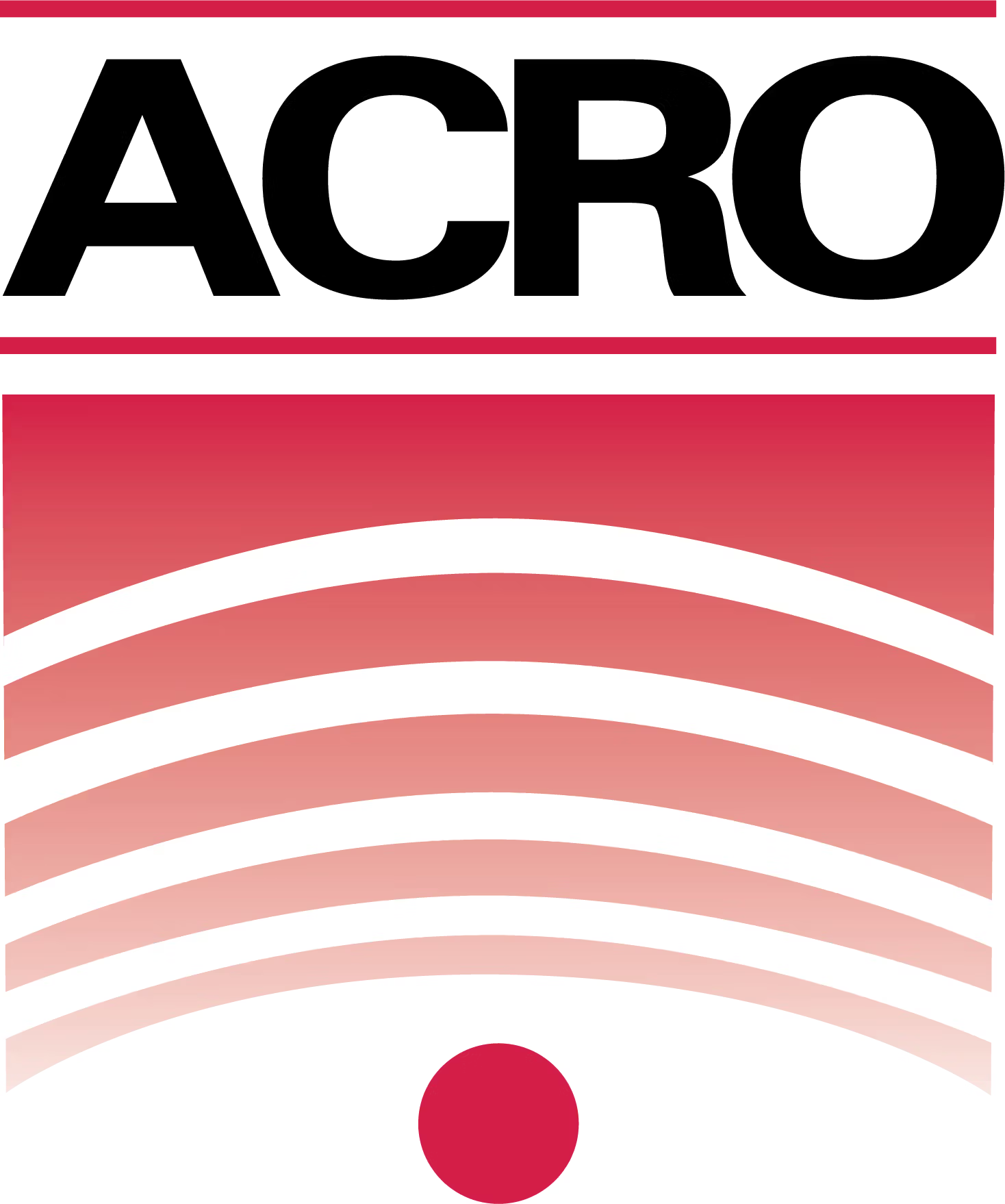ACRO Accreditation Again Receives ISO:9001 2015 Certification
ACRO's Accreditation Program has completed and passed its annual surveillance by the International Standards Organization.
ACRO Accreditation is the only U.S. radiation oncology accrediting body to acieve ISO 9001:2015 Certification.

The American College of Radiation Oncology’s Accreditation Program has completed and passed its annual surveillance by the International Standards Organization (ISO). ACRO Accreditation is the only U.S. radiation oncology accrediting body to achieve ISO 9001:2015 Certification.
The ISO is a highly regarded international certification body which evaluates an organization’s processes and procedures. The program undergoes a comprehensive yearly review of its quality objectives, operations, and structure.
Click here to learn more.
Elevating the Quality of Cancer Care via Cross-Department Collaboration
Experts from Sibley Memorial Hospital discuss how multidisciplinary work has enhanced outcomes such as survival and resource use at their institution.